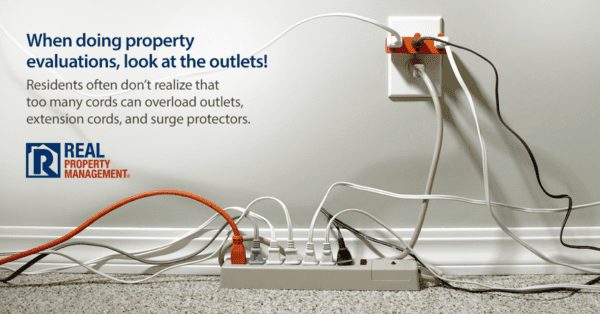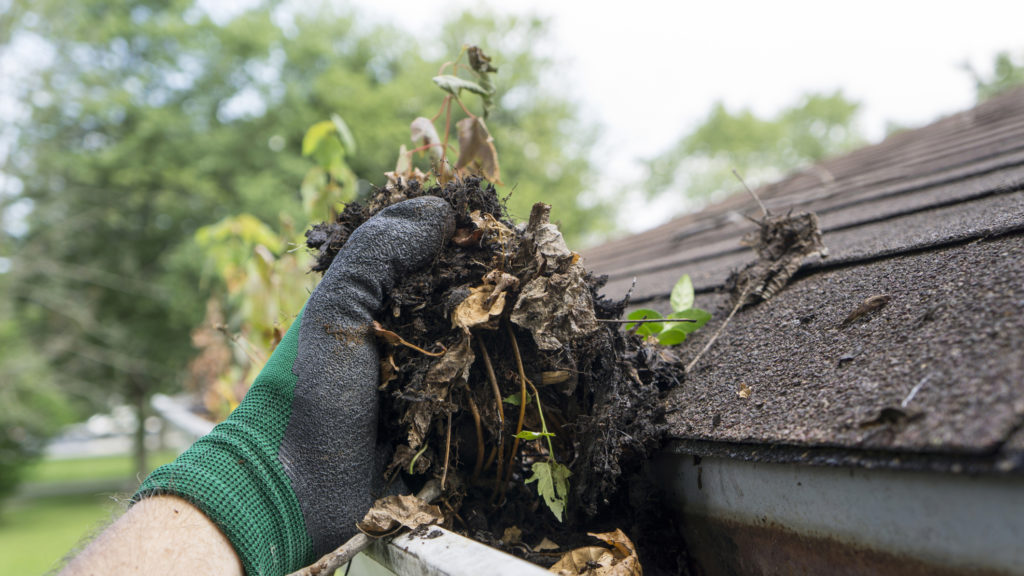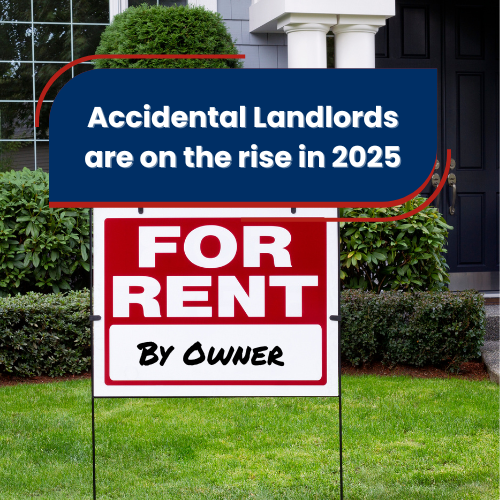It only takes a couple of minutes for a fire to devastate your rental property, leaving your tenants without a home and you without an income. Picking up the pieces after this kind of catastrophe can cost thousands, if not hundreds of thousands, of dollars. So how do you avoid this? While not every house fire is preventable, discussing fire safety with your tenants and making sure your rental is properly maintained can help reduce the risk.

Identifying Potential Causes
Knowing the most common causes of a house fire is the first step to preventing one. Knowledge is power, after all! Cooking fires account for 40% of house fires according to the NFPA. Unattended stoves or ovens left on by accident can lead to disaster. Faulty electrical wiring, overloading electrical outlets, clogged dryer vents and fireplaces are all leading causes of house fires. Make sure to address any electrical issues in a timely manner and discuss proper fire safety tips with your tenants. Schedule routine cleanings of your dryer vents and fireplace to prevent harmful build-up and to ensure functionality. You can also keep a working fire extinguisher in your rental as a precaution.
![Tumi-1983 [CC BY-SA 3.0 (https://creativecommons.org/licenses/by-sa/3.0)]](https://realpropertymanagementcolorado.com/wp-content/uploads/2019/03/1024px-Smoke_detector-min-600x400.jpg)
Install Smoke and CO Detectors
The cost of installing smoke and CO detectors in your rental is a small price to pay for peace of mind. Denver requires that smoke and CO detectors be installed in every bedroom (and sleeping area), outside each sleeping area, and on every level. CO detectors must be installed within 15 feet of each bedroom door and 25 feet of any gas appliances. And while most leases require tenants to test and replace batteries as needed, it’s a good idea to check all smoke and CO detectors during any property inspections to make sure they’re all in working order.

No Smoking Inside
Allowing a renter to smoke inside the property is never a good idea. Not only is it a fire hazard, but it can damage the property and create an unappealing odor that’s hard to get rid of. Make sure your lease prohibits smoking inside of the unit and check for signs of smoking during any inspections.

Renters Insurance
Make sure your tenants understand that your insurance doesn’t cover their belongings in the event of a fire or any other damage. Discuss with them the benefits of obtaining renter’s insurance and, if desired, make it a requirement of the lease. Most policies are inexpensive and easy to acquire.
While it’s impossible to guarantee that you’ll never have a fire at your rental property, taking the proper steps to prevent one is a great way to reduce the risk. Discuss fire safety tips with your tenants at move-in and address any safety hazards immediately. Doing so will not only help reduce the risk of fire hazards but provide you and your tenants with peace of mind.





